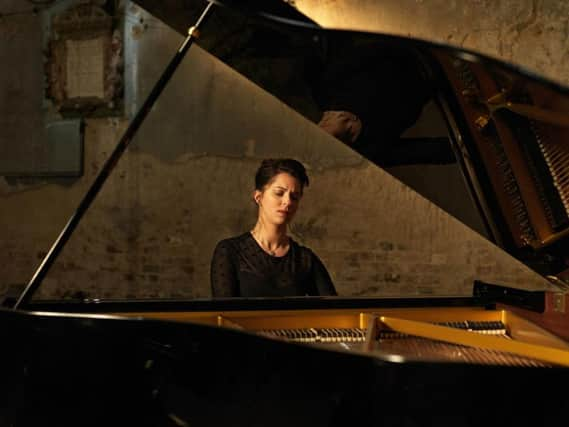REVIEW: Chichester Symphony Orchestra, Chichester Cathedral.


The concert began with the performance of Mozart’s overture from the Opera ‘La Clemenza Di Tito’. Not one of Mozart’s best known overtures, this begins with unison strings, often a challenge to amateur orchestras. However this was well in tune, confidently played and with a rich string tone. It was followed by the woodwind playing delicately with a chamber-like quality which set the tone for the rest of the piece. The orchestra was well balanced and there was good contrast in the dynamics and articulation.
Following our 'hors d’oeuvre' our main course was the lovely Schumann piano concerto in A minor, written in 1845 and first played by his wife Clara. Yasmin plays with great authority and she has a lovely singing quality with which she brings out the melodies. Her playing was at times romantic, dramatic and impassioned; at others it was intimate and delicate. She accompanied sensitively when required, and there was a good rapport with the orchestra, although there were times when the orchestra could perhaps have been a little more assertive.
Advertisement
Hide AdAdvertisement
Hide AdThe 2nd movement was lyrical and there was some lovely detail in the piano’s descending arpeggios. The cadenza was a delight. Yasmin was obviously much more interested in engaging the audience musically than using it to show off her undeniable technique. As it was it sounded at times that she was playing a duet! There was a flawless transition to the 3rd movement when the cyclic form allowed us to revisit themes from the 1st movement. A lovely main course!
I was beginning to sadden - I was hungry for more. The ovation following the concerto was genuine and well deserved but short; however, thankfully we were treated to an encore - the lovely ‘Widmung’ by Schumann, originally written to be sung to words by Ruckert, which extolls the virtue of a pure love, which probably explains the quirky quote of Schubert’s ‘Ave Maria’ to end - as the ‘most perfect love’- but arranged for piano solo, could it be as fulfilling?
Yes it could, it all made sense!
Our lunchtime banquet was complete.
Hugh Carpenter